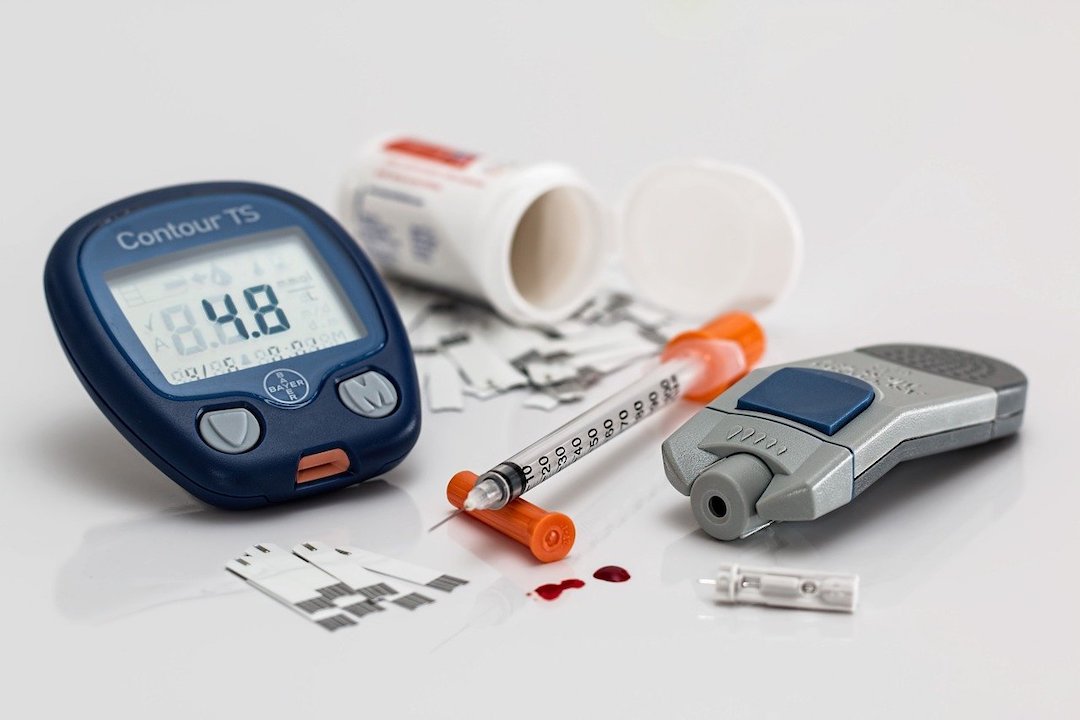Diabetes can present a lot of physical, mental, and emotional challenges to its patients. If you have been recently diagnosed, you may not understand the dos and the don’ts to manage it. Fortunately, there are lots of basic protocols that you can observe to manage diabetes. Here are a few tips from the experts.
01. Moderate Drinking
If you have diabetes, you should minimize your consumption of alcohol. It gives off the signs of low blood sugar which may be bad for your liver. When your liver is overworking to process alcohol, it may be unable to release the stored sugar in response to the reduced levels. Excessive drinking impairs your judgment and may cause you to make poor health decisions.
02. Take Charge of Your Oral Health
When you have diabetes, you are at a high risk of getting gum disease. Reports by the American Diabetes Association suggest that diabetes lowers your body’s ability to fight off infections from bacteria.
03. Blood Sugar Monitoring
This is a critical part of diabetes management. If you are a Type 2 diabetic, you must check your blood sugar twice every day. According to the team at myhealth1st.com.au/health-hub/articles/diabetes/, knowing about blood sugar fluctuations may help you make the necessary adjustments. Postprandial blood glucose needs to be 140-180 mg/dL and preprandial glucose must be 100-130 mg/Dl. Clean your hands thoroughly before using your glucometer and avoid sharing it.
04. Adjust for Different Life Stages
Diabetics must be ready to adjust their exercise, diet, and medication to suit the different stages of their lives. Hormone levels often cause fluctuations of blood sugar making it necessary to make unexpected changes. Women, for example, may need to make certain changes during menstruation or menopause. Your doctor should help you come up with a plan that caters to your specific needs.
05. Exercise and Diet
The consumption of carbs needs to be minimized and diabetics must increase their intake of proteins, healthy fats, and fiber. Cut off sugar from your diet and eat more leafy greens like spinach and kale. They are low in digestive carbs and rich in vitamin C. They have minimal impact on your blood sugar levels. Increasing your consumption of vitamin C boosts the serum vitamin C levels for people with diabetes. It reduces cellular damage and inflammation.
Fatty fish is great for diabetics as well. Great options include sardines, salmon, and mackerel. They are rich in omega-3 fatty acids and have significant benefits for the heart. Diabetics and people with heart health issues can benefit from regular consumption of fatty fish.
Other great foods for diabetic include eggs, nuts, garlic, diabetes, chia seeds, broccoli, and strawberries.

06. Know Your Sweeteners
Take control of your sweeteners to avoid increasing your blood sugar levels. Avoid sugar and use healthier alternatives in moderation. This move will help you honor your diabetes nutrition strategy while cutting down carbs and calories.
07. Healthy Stress Management
Everyone gets stressed at work, home, or in school. It is impossible to avoid stress completely. However, it is important to adopt healthy stress management techniques. Stress can raise your blood sugar levels. The best ways to manage stress include listening to music, positive self-talk, gardening, yoga, journaling, and meditation.
08. Fight Insulin Resistance
About 90% of diabetics have insulin resistance. It inhibits the ability of one’s liver, muscles, and fat to respond positively to insulin. The body may be unable to transform the glucose in blood into energy. This forces the pancreas to make more insulin hence causing a spike in blood sugar levels.
One of the best ways to fight insulin resistance is losing some weight. Weight gain increases the fat percentage in your body hence promoting insulin resistance.
Other ways to fight insulin resistance include getting enough sleep, less stress, regular exercise, and portion control. After being diagnosed with diabetes, losing ten percent of weight may reduce your need for diabetes management tablets by up to fifty percent.
09. Beware of Medication
Some medications may affect your blood sugar levels. Before taking any medicine, find out if it is sweetened and whether it can affect your healthy glucose levels.
10. Vaccination
Diabetes makes you susceptible to infection. It increases your risk of hepatitis B, pneumonia, and the flu. Vaccination may help you avoid frequent illnesses.
Millions of Americans live with diabetes. If you are one of them, you must keep an eye out for the warning signs at all times. Even though the condition can be frustrating, it doesn’t need to stop you from pursuing your goals. With a proper diabetes management plan, you can continue to lead a productive and fulfilling life.










